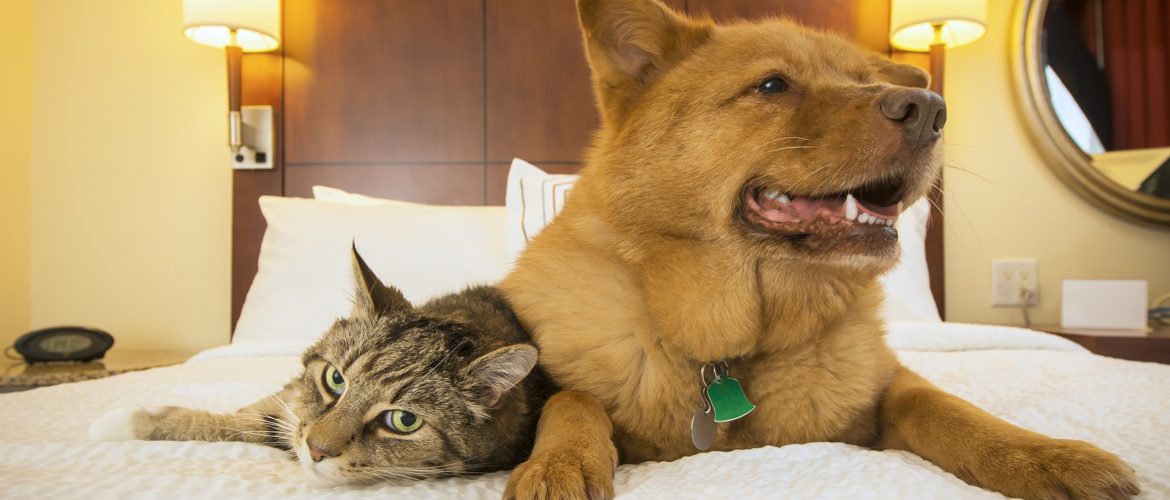Things to Know Before Getting a Pet in 2024

There’s nothing quite like having a furry friend around to cheer you up and add fun to the family. Some research even suggests pets help us live longer. They improve our cardiovascular health, reduce stress, and encourage physical activity. However, before you adopt, consider the following factors.
Pets Are a Lifetime Commitment
Dogs can live as long as 15 years, and cats can live to 20. It’s important to consider what life events you’ll experience during that time. Are marriage and children in your future? Will you be changing jobs and, perhaps, moving across the country? Suppose a future child turns out to be severely allergic to pet dander. Will your pet be easy to rehome?
Although we can’t know the future, consider all the scenarios that may occur during the next two decades. Make sure your pet will fit into your lifestyle and budget.
Choose the Right Breed
It’s important to research dog breeds that are best suited for your family and lifestyle. You must consider the size of your living space, the surrounding area, and the family structure.
Large dogs need a backyard for exercise. Cats need a place where they’re safe from stray dogs and other predators. If you work full-time, choose a breed that is less energetic and better suited to spending time alone. And if you have kids or plan to one day, remember some breeds aren’t suited to children.
Pet Healthcare
Just like us, a healthy pet needs preventative healthcare. Regular checkups can prevent future health problems that may be costly. Both dogs and cats can experience chronic and hereditary conditions. They may need diagnostic tests such as blood tests, X-rays, and hospitalizations.
Like us, dogs and cats are also susceptible to accidents. Despite our best intentions, they can run loose and face many dangers. The best way to prepare for sickness and accidents is by purchasing a good pet insurance policy. Most plans cover a range of issues including surgeries, hospitalizations, and medications.
One very important way to keep your pet healthy is to spay or neuter. The urgency to roam will be eliminated, reducing the pet’s chance of getting injured.
Prepare Your Home
Just as we babyproof our homes for safety, dogs and cats deserve the same treatment. Sugar-free gum that contains xylitol and chocolate can be deadly for dogs, and ibuprofen is like poison to cats. Check your home and yard carefully for things that are dangerous for pets, including cabinets containing chemicals at the pet level, electric cords, and plants that are toxic to dogs and cats.
Plan for Pet Supplies
Choose the best dog or cat food that you can afford for your pet. Check the ingredients carefully for a complete and balanced diet. Keep in mind that pets have specific needs at each life stage.
If you’re adopting a puppy or kitten, purchase food that is specially formulated for them. The same is true for adult dogs, active dogs, and senior dogs.
Other supplies you’ll need include:
- A crate or carrier
- A collar and a leash for dogs
- Bedding
- Bowls
- Treats
- Grooming tools
- Toys
Spend Time with Your Pet
Be prepared to sacrifice some time for your new pet. Having a new puppy or kitten is not much different from bringing a small child into the home. They need attention to feel secure and be on their best behavior.
Keep in mind that all dogs, especially large ones, need at least two 30-minute walks per day.
Train Your Pet
Stock up on treats and be prepared to train your pet. If your new dog isn’t potty-trained, that is your first call of duty. Puppy pads placed by an exit door are the first step. When it has mastered that, move to go outdoors and reward, reward, reward.
Train dogs to obey the basic commands such as sit, stay, come, and down. You can find training instructions online or hire a professional trainer if necessary.
ID Your Pet
Finally, save yourself the heartbreak of a lost pet. Make sure it has a collar with a secure tag that has your contact information. Go a little further and have your vet implant a microchip. Some animal shelters automatically require them. Keep current photos of your pet on hand.
Another handy high-tech way to ensure against a lost pet is to attach a GPS device to their collar.
